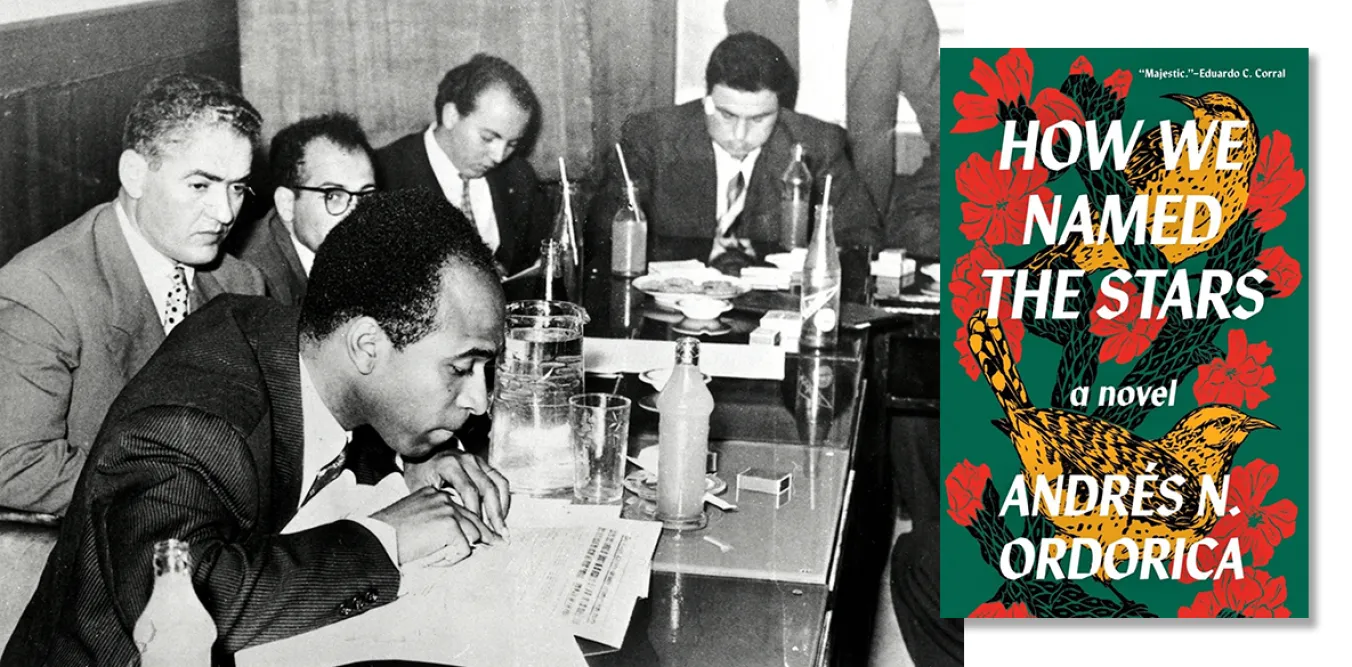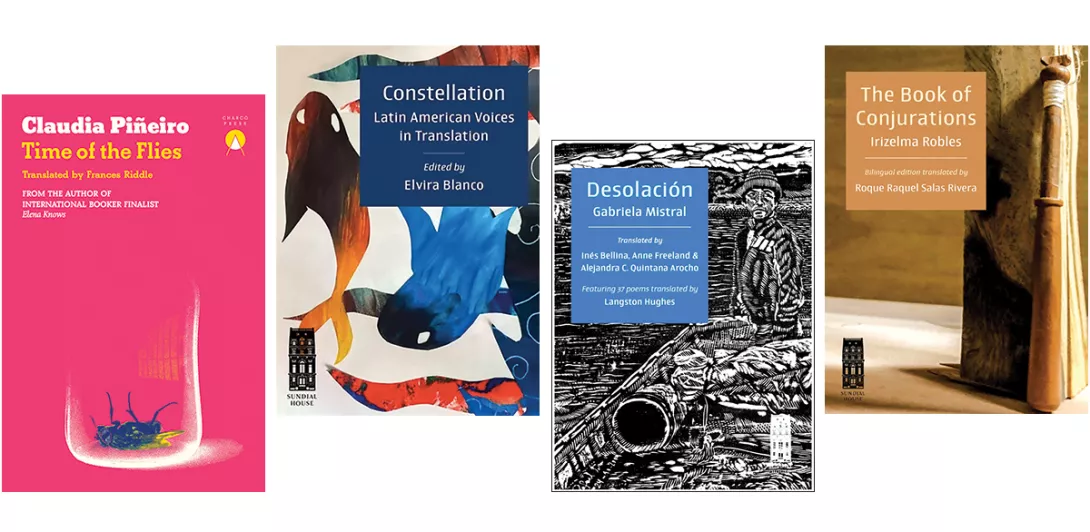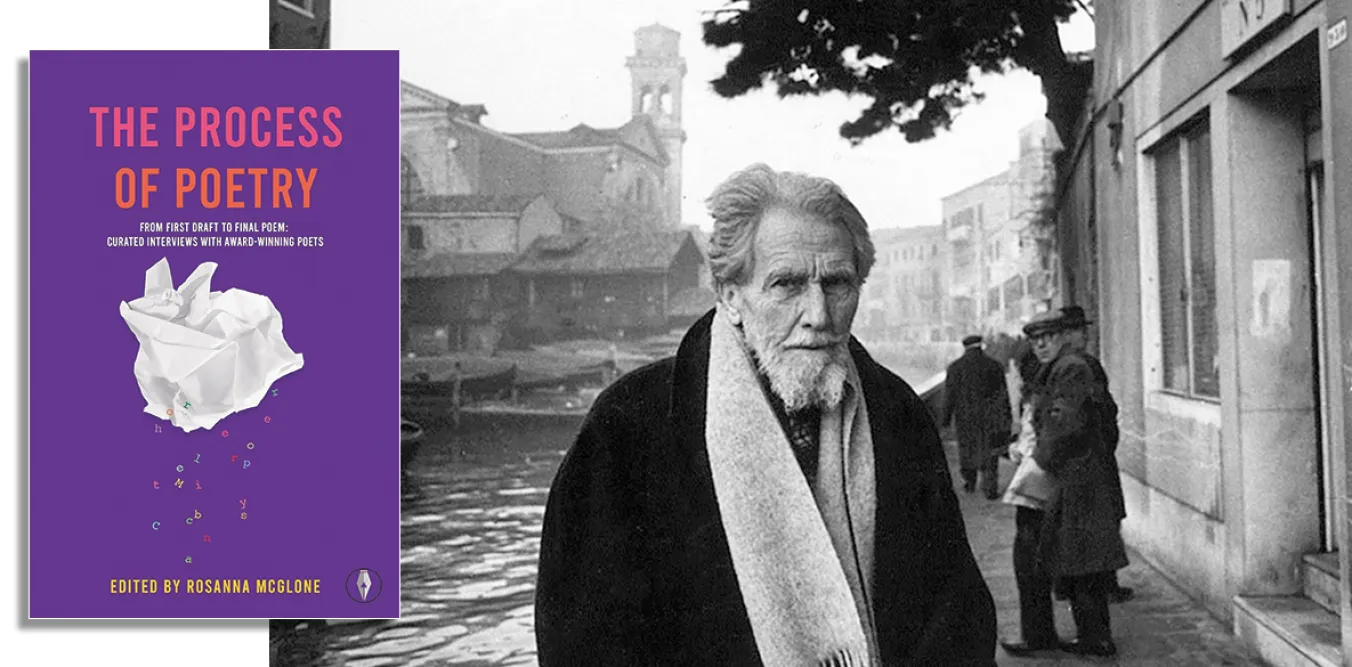
Bigger On The Inside
Kate Fox, Smokestack, £7.99
BIGGER On The Inside has its roots in a spoken word show and addresses neuro-diversity, principally autism and ADHD with precision, warmth and some humour. In this way, it’s both personal — Kate Fox has an autism diagnosis — and universal. It takes its title from a Doctor Who quote about women being “bigger on the inside,” as of course is the great Doctor’s home The Tardis.
I’ve seen Kate Fox live; she’s funny, clever and likeable, and it’s obvious she has spent enough time doing live shows to know what audiences like. So live, she delivers in spades. But not having read much of her work “on the page,” I wasn’t sure what to expect.
I needn’t have worried. Witness from the title poem: “White space speaks/ while the fonts stay quiet./ I called the counselling group women/ midwives of silence/ because they let words/ hang in the air”.
And later in the same piece, addressing live performance from the poet’s point of view:
“The stories we tell and hear/ will abide/ to make us bigger on the inside.”
















